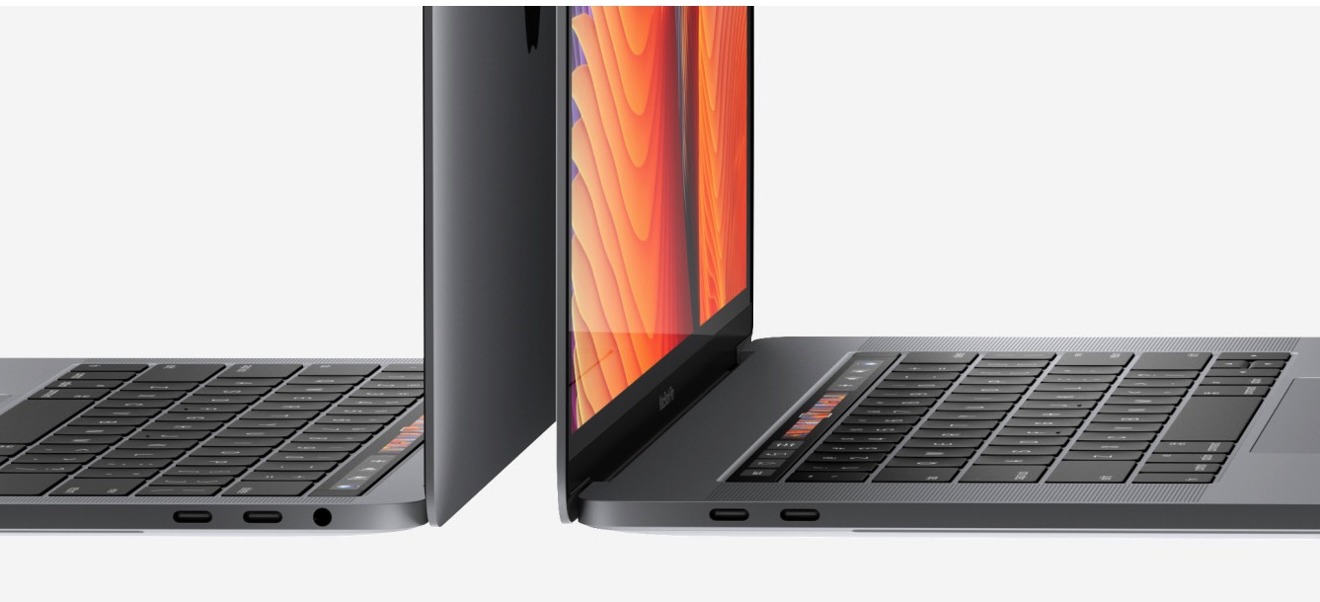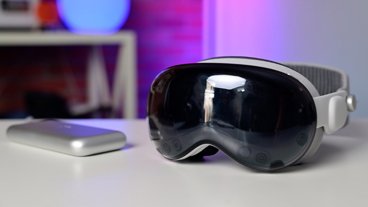Key Apple execs Ive, Federighi, Schiller talk future of Apple, new MacBook Pro
In an interview, Chief Design Officer Jony Ive, Senior Vice President of Software Engineering Craig Federighi, and Senior Vice President of Worldwide Marketing Phil Schiller dole out the details on decisions made during the new MacBook Pro development process, convergence of iOS and macOS, and more.
"We challenge the teams to do great work and sometimes that great work can be done in one year, sometimes it takes three years," Schiller told CNet. "What we really care about is creating new innovations in the Mac and continuing the story that has really defined Apple for so many years."
The late 2016 MacBook Pro revision may not be widely heralded as revolutionary, but a big change that the device brings to the platform is the Touch Bar. The Touch Bar is a multi-touch Retina-class bar, replacing the physical function keys on the keyboard, which Apple calls a vestige of computing days gone by.
"We don't design for price, we design for the experience and the quality people expect from Mac." — Apple SVP Phil Schiller
Ive, the head designer of the product, considers full touch screens not particularly useful, and mentioned that the decision to not implement the technology was made years ago.
"We unanimously were very compelled by [the Touch Bar] as a direction, based on, one, using it, and also having the sense this is the beginning of a very interesting direction," Ive said. "But [it] still just marks a beginning."
MacOS and iOS, never the two shall meet
The executives consider other additions to macOS that interact with iOS better replacements for full-screen touch on the Mac.
"It is great to provide two different ways to solve some of the same things, but they also do very unique things that the other doesn't," said Schiller. "Having them separate allows us to explore both, versus trying to force them into one — and only one — model."
"You can't try to turn MacOS into an iPhone," Schiller added. "Conversely, you can't turn iOS into a Mac.... So each one is best at what they're meant to be — and we take what makes sense to add from each, but without fundamentally changing them so they're compromised."
On the MacBook Pro pricing
Apple is facing some criticism about the new MacBook Pro pricing, with the Internet apparently suddenly tone-deaf about Microsoft's offerings on Wednesday being considered overly expensive as well, if only briefly.
"We don't design for price, we design for the experience and the quality people expect from Mac," said Schiller. "Sometimes that means we end up at the higher end of the range, but not on purpose, just because that's what it costs."
Schiller may not be completely correct in his assessment. Recent market share analyses quoted by CNet say that while Apple is the world's fifth largest PC maker, with 8 percent of the total marketshare, it accounts for half of the PC industry profit.
The first post-Jobs MacBook Pro, but the influence is still felt
The quartet of executives have clearly leaned on one of founder Steve Jobs' last presentations. In 2010, Jobs famously said that the world was in the "post-PC" era, and users would soon vastly prefer mobile devices to desktop computers chained to an office, or laptops open on a desk.
While Apple's focus has made this shift apparent, Federighi and Schiller differ on the timetable of the extermination of the laptop. The pair believe that Apple laptops will be around for at least 25 more years.
"The idea of a laptop ... with a surface on the table that you can type on and a vertical screen has made sense for 25 years," said Schiller. "As far as our eyes can see, there will still be a place for this basic laptop architecture."
 Mike Wuerthele
Mike Wuerthele











 Andrew Orr
Andrew Orr
 Malcolm Owen
Malcolm Owen

 William Gallagher
William Gallagher


 Christine McKee
Christine McKee








